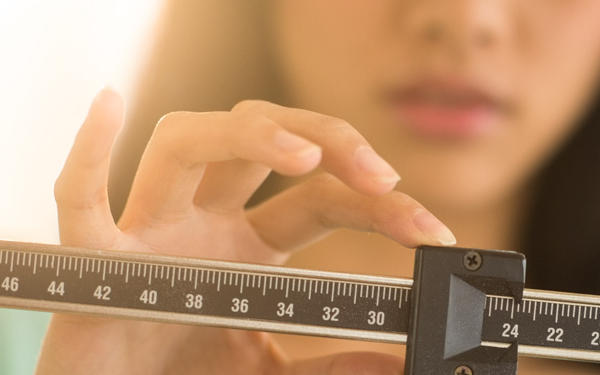
Can CBD Help you Lose Weight?
When you think of using cannabidiol (CBD), you might think of overeating and potentially gaining weight, since many confuse the derivative with its source: hemp or marijuana. But it’s possible that CBD oil may be helpful when it comes to weight management.
Most people associate cannabis with a stimulated appetite, as people who smoke cannabis tend to feel more hungry than usual. While it is true that tetrahydrocannabinol (THC), the psychoactive component of cannabis, may cause hunger, CBD does not have the same effect.
The body has a built-in endocannabinoid system. This system responds to different compounds in the body through two cannabinoids (CB) receptors, called CB1 and CB2 receptors. Usually, CB1 receptors exist mainly in the brain and central nervous system and are almost nonexistent in the rest of the body. CB2 receptors, on the other hand, exist throughout the body.
THC activates the CB1 receptors in the body, causing many effects, including stimulating the appetite. However, CBD does not activate the CB receptors directly, instead, it helps in influencing the body’s natural cannabinoids to either block off or activate the receptors. This may play a role in weight loss or other critical metabolic functions.

CBD and Its Effects on Body Fats?
Proponents of CBD for weight loss claim that it can convert white or “bad,” fat into brown fat or “good fat”, which may help the body burn calories. White fat increases the risk of many chronic conditions, such as heart disease and diabetes. Brown fat cells are considered as a more active form of fat. They burn off energy as heat, meaning that they actually burn calories. CBD melts away fat in the body by breaking down the white fat and helping eliminate it from the body as waste.
Research from 2018 helps explain this phenomenon. The process of turning white fat cells to brown fat cells actually changes how these cells act in the body. As a loss of calories is vital for weight loss, CBD may help burn fat if it turns white fat to brown fat in the body.
A 2016 study also helps back up this claim. The researchers found that CBD plays multiple roles in how the body interacts with fat. Not only did CBD help convert white fat cells into brown fat cells, it also stimulated the body to break down fats more efficiently. The researchers note that CBD may be a promising therapy for preventing obesity, but more studies in humans are still necessary to make a more conclusive claim.
Risks and Considerations
The initial results of studies into CBD and weight loss are promising and may prompt more research into the connection between them. But there a few important things to take into consideration:
CBD is not a treatment for obesity and it does not replace a healthy diet and regular exercise. A person who adds CBD to their weight loss plan without also exercising and eating healthy may not see any benefits.
At best, people can consider CBD as a complementary therapy. Someone with more body weight or someone who regularly uses cannabis may need a higher dose, whereas someone who is very sensitive to cannabis or CBD may only need to take a very small amount for the compound to be effective. Not all bodies are the same, and each person may need a slightly different dose.
CBD may be helpful for people looking to lose weight, burn calories, or suppress appetite, but it is vital not to overstate these claims. A healthful diet and plenty of exercise are still the best weight loss strategies.












